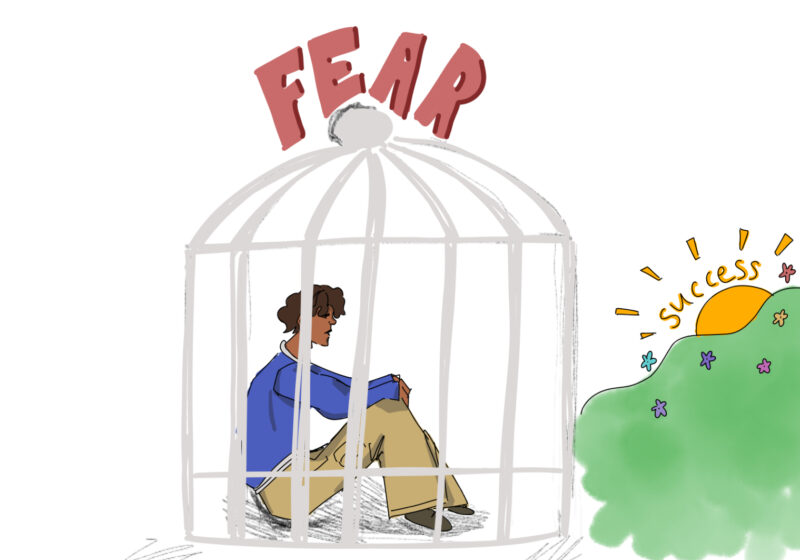As college students, there is one thing that always seems to be unavoidable – despite some people’s efforts to push the idea aside. No, it’s not our parents nagging us about our classes, our friends pressuring us to use drugs every chance they get or our attempts to fit in or stand out.
It’s sex – pleasurable for some but a touchy subject for others, especially if brought up around those who take offense to openly speaking about that three-letter word.
Whatever our personal feelings might be toward the subject, it remains ubiquitous in our daily lives. We see it on a Friday night on the Fraternity Quad, it’s ever-present as we flip through television channels and happen to catch girls going wild, and we see it as we surf the Web.
Sex is unavoidable, unless of course, you live under a rock somewhere – even then, you’ll probably find two insects under that rock doing the nasty. Sex, whether heterosexual, homosexual, oral, vaginal, anal, or what have you, is constantly in our lives.
We often hear safe sex slogans such as ‘No glove no love,’ ‘Don’t be a fool, wrap your tool,’ and ‘If you can’t shield your rocket, leave it in your pocket.’
But with these safe sex slogans everywhere, from campus health fairs to MTV commercials to radio ads, I can’t help but wonder: Is sex really ever safe?
If you consider an apparently risk-free circumstance and become aware of some of the flaws in taking precaution, you might understand why I am skeptical about whether this idea of safe sex truly exists.
Think of a guy and a girl in a monogamous relationship who are about to engage in sexual intercourse. The man has a condom on that he’s checked for an expiration date, holes, etc. The woman is on birth control pills (92-99 percent effective with proper use), and she also uses spermicide (70-80 percent effective), just to make certain that pregnancy is not an option.
The couple engages in hot, wild dorm room sex and, after all is done, the condom is still intact and all semen is trapped into that good old latex condom. I know what you’re thinking, ‘OK … then they’re safe.’
Wrong! The couple may indeed be safe from a baby, HIV/AIDS, chlamydia, gonorrhea and all other STIs spread through bodily fluids, but what about those transmitted through contact, such as syphilis, HPV, scabies and crabs (pubic lice)?
Is sex ever really safe when the risks are endless despite precautious measures? Is making sex ‘safe’ a challenge we have yet to conquer, since there are so many things that can possibly go wrong in this day and age?
While sex may not be absolutely fool proof and making sex completely safe seems unrealistic to a certain extent, ultimately it can be made safer through precautions such as the ones this very couple took.
For example, diaphragms, a small rubber cup used with spermicide, can be placed into the vagina to prevent pregnancy during intercourse.
If you aren’t too fond of the idea of inserting a rubber cup into your or your partner’s vagina, you can use the old fashioned condom. Whether you’re female or male, apply spermicide, so that it protects against sperm transfer and the condom prevents both pregnancy and the acquisition of STI’s.
Most importantly, being aware of your sexual health status by getting annual check-ups or getting tested for STI’s is vital. Additionally, knowing your options for protection can help make sex that much more of a pleasant and safe experience.
Who says sex can’t be both fun and safe? It would probably make intercourse much more fun when you know you’re protected and can be worry free and satisfied at the same time.
After sex, when there is no doubt, worry, or fear that you are not safe from disease and unwanted child bearing, both parties will be happier as well.
Despite the fact that we are college students and most of us believe that we know plenty about sex already, there are options that many of us may not be aware of or options we take for granted.
With extra efforts and putting our knowledge of these safety measures into effect, our sex lives are sure to be in good standing.
Cooper is a member of the class of 2011.
‘





